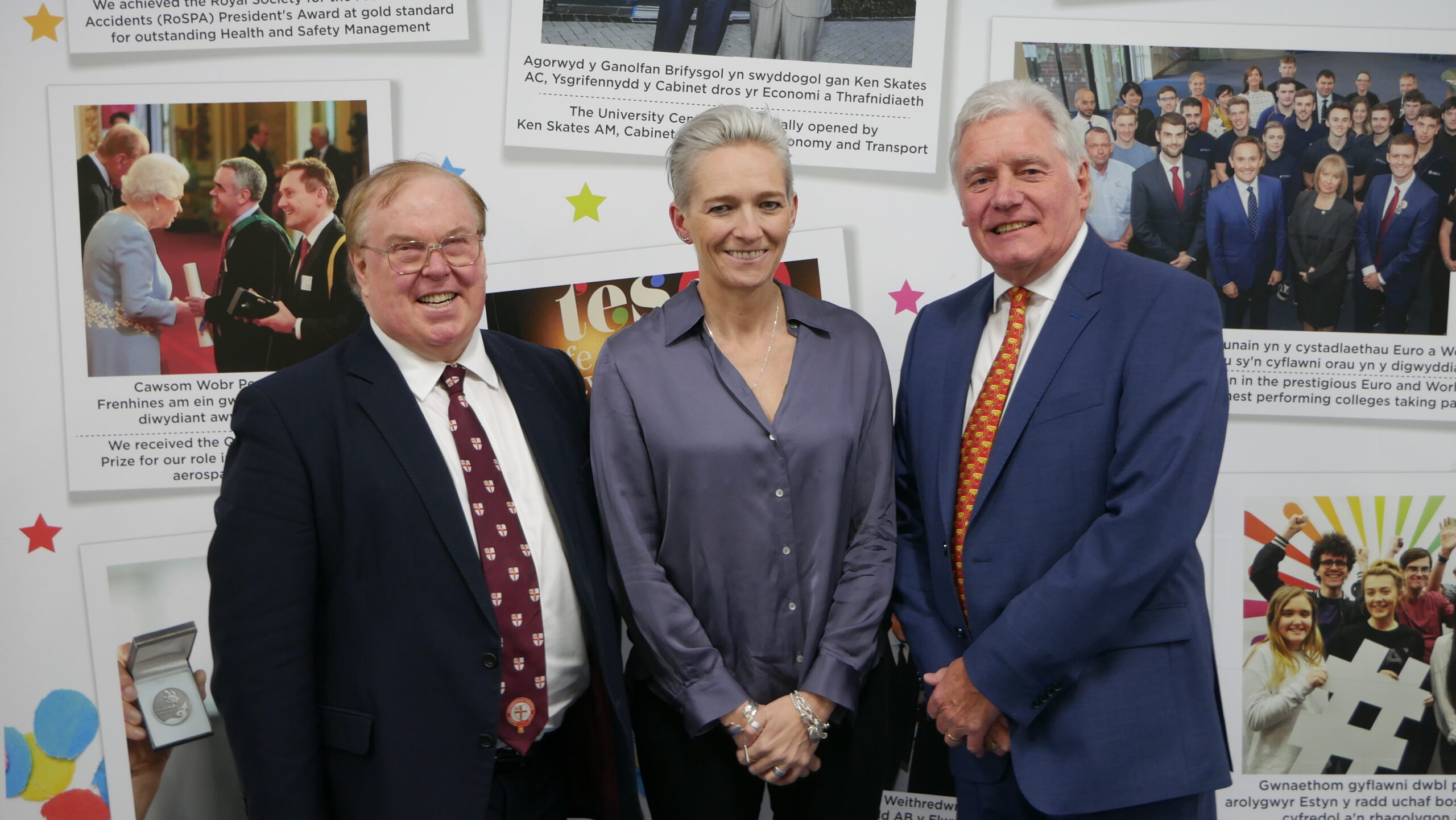COLEG CAMBRIA has been listed among the top companies to work for in the UK.
The north east Wales institution was ranked 19th in the Super Large Organisation category of the 2020 UK Best Workplaces.
Determined by the US-based Great Place to Work Institute, the college was recognised alongside some of the country’s top employers, including Deloitte, GAP, Admiral Group and Hilton Hotels.
Positions are decided based on staff feedback and practices that make up a “truly impactful workplace” both socially and culturally.
Chief Executive Yana Williams congratulated the human resources team and all departments at Cambria for their efforts.
“We are really pleased to be told we are among the top 20 in this category, it’s great achievement and one we are all very proud of,” she said.
“To be recognised for the standards of our working environment is heartening, though my goal and a top priority is for every individual at the college to feel valued, trusted and know they are appreciated by everyone here, rather than having an external body tell us this.
“We want staff to feel Coleg Cambria is a great place to work and that they are supported every day, because ultimately a happy and collaborative workforce makes for a much more positive experience for our students.”
Ms Williams added: “Thank you again to everyone who played a part in this as there was a great deal of work involved, and we will continue to strive for improvement for staff here at Cambria, the students and our community.”
The news comes after the college was last year ranked eighth in the Super-Large (1,000 or more employees) category of the Best Workplaces for Women list and lauded for its support of employees on maternity leave, commitment to closing the gender pay gap, training schemes, and the number of women in senior leadership positions – Cambria was the only further education institution among the 55 ranked organisations.
The global Great Place to Work Institution is celebrating 20 years, and as well as listing top employers revealed trends that have changed over the last two decades.
The number of Best Workplaces with female leaders has almost doubled from 17% in 2001 to 30% this year, and there has been a huge increase in the number of organisations offering paid paternity leave and work-based volunteering programmes.
A spokesperson for the Institute said: “During this unprecedented time, we believe it’s important to recognise organisations that have continued to cultivate their great workplace cultures.
“After 20 years of working with the best companies in the UK, we know certain things don’t change as time moves on: UK’s Best Workplaces keep their people at the heart of everything that they do – always.”
To see the full list, visit www.greatplacetowork.co.uk or follow the hashtag #ukbestworkplaces on social media.
Visit www.cambria.ac.uk for more on the wide range of courses and qualifications available at Coleg Cambria.
